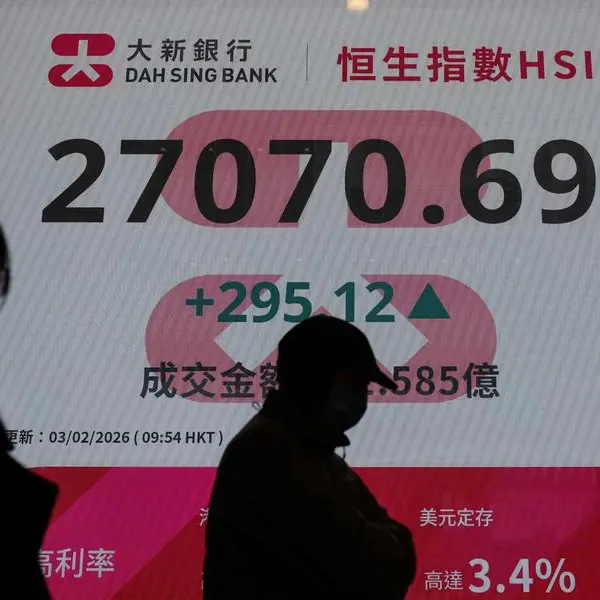PHOTO
The President of the UN’s International Fund for Agricultural Development (IFAD) sought a strong commitment to address food and climate crises in the world, during his first official visit to the Kingdom of Saudi Arabia.
While emphasising the critical need for “strong global leadership and commitment” to support the most vulnerable in rural areas of developing countries, Alvaro Lario said: “Today, the historic and longstanding partnership between IFAD and KSA is more important than ever. We are grappling with global food and climate crises, which are both disproportionately impacting the poorest and most marginalized people, especially small-scale food producers in rural areas.”
Across the world, 783 million people suffered from hunger in 2022; an increase of 122 million due to multiple crises since 2019, according to a recent UN report. Over 3 billion people, one person in four, cannot afford a healthy diet.
Furthermore, the climate crisis has hindered efforts to eradicate hunger and poverty by making extreme weather events more likely, recurrent and intense, disrupting food production and increasing the risk of potential supply shortages and price hikes that hit the most disadvantaged people the hardest.
As one of IFAD's founding members in 1977, Saudi Arabia plays a pivotal role in supporting IFAD's mission to reduce poverty and hunger, a statement said.
The Gulf nation’s investments in rural development and the transformation of resilient, inclusive, and sustainable food systems, have contributed substantially to these efforts.
“As the largest market for agriculture in the Gulf region, Saudi Arabia is a natural partner for IFAD. Our collaboration can boost investments in agriculture, which, in turn, support and help transform small-scale farming in the most vulnerable economies,” said Lario.
The collaboration between IFAD and the KSA has witnessed a significant transformation during the past five years with the establishment of the Arab Gulf Liaison Office in Riyadh, and the implementation of the first Reimbursable Technical Assistance (RTA) project with the Ministry of Environment, Water and Agriculture (MEWA) in Jazan region.
During his visit to Riyadh, the President of IFAD met with Abdulrahman Abdulmohsen A Al Fadley, Minister of Environment, Water and Agriculture. As IFAD, a UN specialised agency, nears the end of its three-year replenishment cycle, it is seeking funding for the period 2025-2027.
IFAD’s ambition is to raise over $2 billion in new funding to support a $10 billion programme of work, with the aim of reaching 110 million of the world's poorest and most vulnerable rural people.
Record pledges made by France, Norway and Spain indicate growing momentum in support of the Fund’s mission to sustainably invest in some of the world's poorest rural communities. Every $1 invested in medium-to-long-term development now can save up to $10 in emergency aid in the future.
“A better future is possible. Investing in small-scale farmers who produce one-third of the world's food can lift millions out of poverty and hunger. Agriculture is estimated to be at least two to three times more effective in reducing poverty than investing in any other sector. Also, investing in local food value chains and small and medium-sized enterprises can boost rural economies and create jobs and decent opportunities, especially for young people,” said Lario.
While in Riyadh, Lario met with family representatives of Abdelmuhsin M Al-Sudeary, IFAD’s first President, to celebrate the upcoming 50th Anniversary of the 1974 World Food Conference that led to the establishment of the Fund in 1977.
Copyright 2022 Al Hilal Publishing and Marketing Group Provided by SyndiGate Media Inc. (Syndigate.info).




















